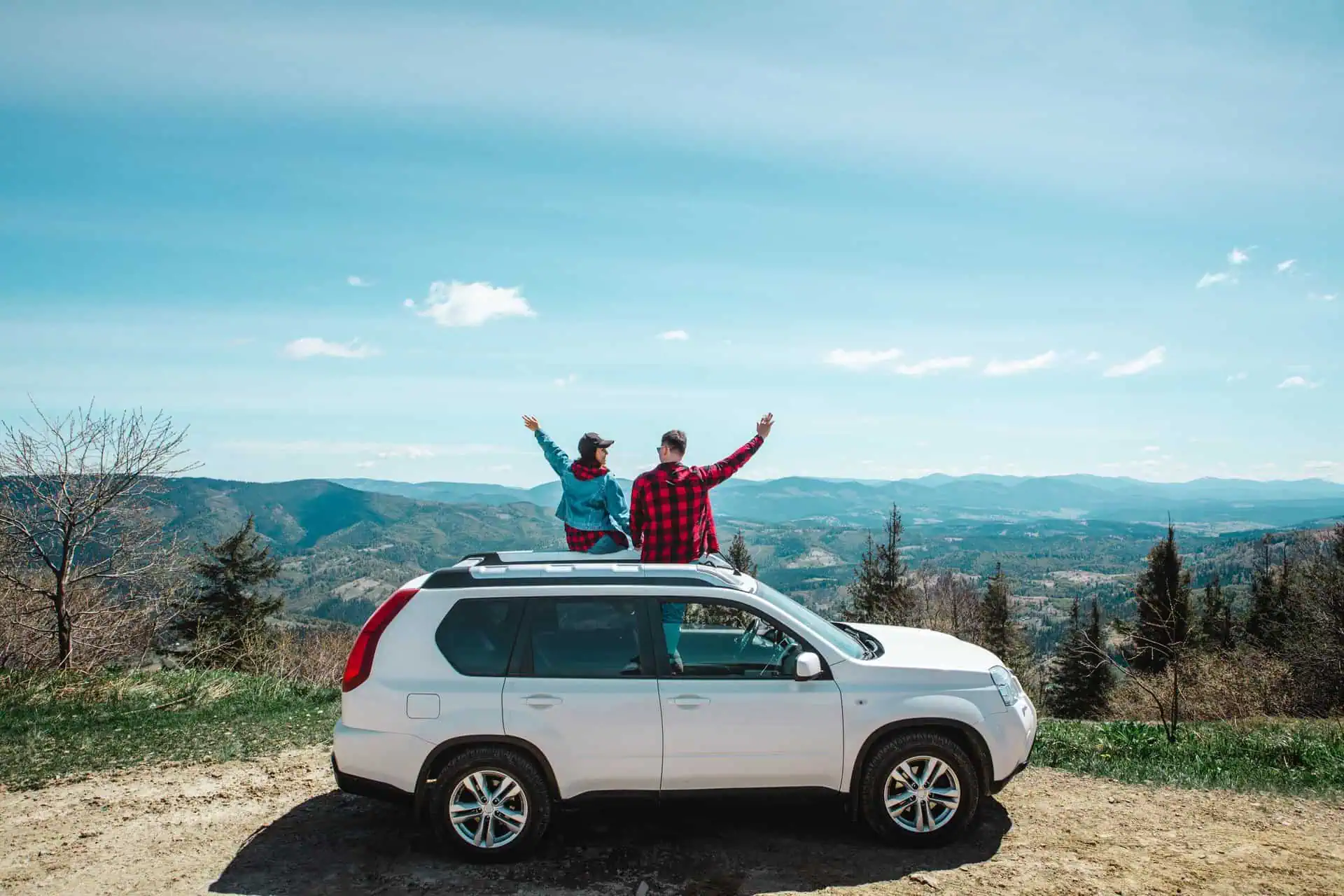Get a Car Insurance quote from our Texas experts
Dagley Insurance
Car Insurance in Texas
What is car insurance?
Car insurance, also known as auto insurance, is a contract between you and an insurance company that provides financial protection in the event of an accident, theft, or other damage to your vehicle. In exchange for paying a premium, the insurance company agrees to cover specific types of losses, as outlined in your policy. Car insurance typically includes coverage for property damage, bodily injury, medical expenses, and legal liability, helping you manage the financial risks associated with owning and operating a vehicle.

Why is car insurance important in Texas?
Car insurance is essential in Texas for several reasons:
- Legal Requirement: Texas law mandates that all drivers carry a minimum amount of car insurance. This includes liability coverage for bodily injury and property damage to others in an accident where you are at fault. Failing to carry the required insurance can result in fines, license suspension, and legal consequences.
- Financial Protection: Car accidents can lead to significant expenses, including vehicle repairs, medical bills, and legal fees. Auto insurance helps cover these costs, protecting you from financial hardship.
- Liability Coverage: If you cause an accident, you could be held liable for the damages. Liability coverage helps pay for the other party’s medical expenses and property damage, reducing your out-of-pocket costs.
- Peace of Mind: Knowing that you are protected in the event of an accident or theft provides peace of mind, allowing you to drive with confidence.
- Compliance with Lenders: If you have a car loan or lease, your lender may require comprehensive and collision coverage in addition to the state-required liability insurance. This protects their financial interest in the vehicle
Get a Quote
Provide us with your details, and we'll create a personalized quote designed specifically for your Car Insurance needs.

What are the different types of car insurance coverage available?
Auto insurance policies in Texas typically include several types of coverage, allowing you to customize your policy to meet your needs:
- Liability Insurance: This coverage is required by law in Texas and includes:
- Bodily Injury Liability: Covers medical expenses, lost wages, and legal fees if you are responsible for injuring someone in an accident.
- Property Damage Liability: Pays for damage to another person’s property, such as their vehicle, fence, or building, caused by an accident where you are at fault.
- Collision Coverage: This pays for damage to your vehicle resulting from a collision with another car or object, regardless of fault. Collision coverage is often required if you finance or lease your vehicle.
- Comprehensive Coverage: Provides coverage for damage to your vehicle caused by non-collision events, such as theft, vandalism, fire, or natural disasters. This coverage is also commonly required by lenders.
- Medical Payments Coverage: Also known as MedPay, this coverage pays for medical expenses for you and your passengers, regardless of who is at fault in an accident.
- Uninsured/Underinsured Motorist Coverage: Protects you if you are involved in an accident with a driver who has no insurance or insufficient coverage. This coverage helps pay for your medical expenses and vehicle repairs.
- Personal Injury Protection (PIP): Although not required in Texas, PIP can be added to cover medical expenses, lost wages, and other related costs, regardless of who is at fault.
How can car owners obtain auto insurance in Texas?
Reach out to the independent agents at Dagley Insurance Agency for a fast quote on car insurance in Texas. Our experienced team is committed to helping you find the best coverage at competitive rates, tailored to your specific needs. Whether you’re looking to meet state requirements, protect your vehicle against unforeseen events, or simply want peace of mind on the road, we’re here to guide you every step of the way.

Get a Quote
Share your details with us, and our team of friendly agents will be in touch with you soon!

